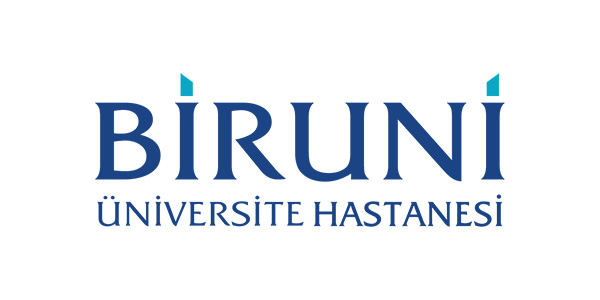Pediatric Nephrology
The kidneys are the most important element of the urinary system. The impaired kidney function due to any acute or chronic disease can be corrected with non-surgical treatment .This correction is possible with the application of medical treatments. Pediatric Nephrology deals with the diagnosis and treatment of children with various acute and chronic kidney disorders.
Which Diseases Does the Pediatric Nephrology Deals With?
- Hypertension
- Acute kidney failure
- Chronic kidney failure
- Kidney parenchymal diseases
- Cystic diseases of the kidney (congenital or acquired)
- Glomerular diseases (acute and chronic glomerulonephritis, nephrotic syndromes)
- Tubulointerstitial diseases (such as hereditary kidney diseases and Bartter Syndrome)
- Kidney involvement due to systemic diseases (vasculitides such as HenochSchönlein Vasculitis, collagen tissue diseases such as lupus, juvenile chronic arthritis, familial Mediterranean fever)
- Urinary tract diseases (urinary tract infections, vesicoureteral reflux, urinary tract strictures, asymptomatic hematuria and proteinurias, day and night voiding disorders, hypercalciuria, kidney stones, kidney tumors, hydronephrosis detected by ultrasound in the womb and other congenital kidney and urinary tract anomalies)
Kidney Transplant in Children
A kidney transplant performed on adult patients in the last stage of renal failure is also performed on children. If a suitable donor is found (when tissue compatibility is ensured), transplantation can be carried out to children. Both child and adult kidneys can be used in transplants to children . The patient is prepared for the surgery as a result of the various tests and analyzes which are performed before the surgery. It is checked if there is tissue compatibility with the kidney to be transplanted. The surgery is highly successful. The patient is kept under observation for a while after the surgery. The patient's nutrition is one of the most important issues to be considered in this postoperative period. After the transplantation, it is not authorized for the patient to consume the following foods and beverages;
- Carbonated drinks
- Hamburger
- Fried potatoes
- Junk foods
- Cookie
- Ice cream
- Sugar
- Chocolate
- Chewing gum
Urinary Tract Infection in Children
Urinary tract infection is an inflammation of the kidneys and bladder. Bladder inflammation is called "cystitis" and kidney inflammation is called "pyelonephritis". It is important for the kidneys to treat urinary tract infections.
The signs and symptoms of urinary tract infections in children change according to age. The most common symptoms in infants and children younger than 2 years old are:
- Restlessness
- Vomiting and diarrhea
- Distention
- Protracted jaundice in the newborn
- Anorexia and malnutrition
- A deceleration in weight gain
- Irregularity in body temperature
- Persistent fever
The symptoms are more significant in children older than 2 years and the signs change according to infection location. Symptoms of lower urinary tract infections include:
- Burning, aching pain while urinating
- Thamuria
- Urgent urge to urinate
- Pain in the lower abdomen
- Urinary incontinence before reaching the toilet
- Smelly, abnormally colored, bloody urine
To avoid urinary tract infection in children;
- Children should be taught how to clean the genital area correctly. Ideally, the genital area should be cleaned from front to back with toilet paper and then washed the area with water and gently dried with a tissue. If cleaning will be done with wet wipes, water-based ones should be preferred, not alcohol-based ones.
- Children should be given the habit of drinking water.
- Children should not be trained to urinate before the age of 2.5 and should never be pressured in training.
- Especially girls should not wear tight pants and cotton panties should be preferred.
- Children should be given the habit of regular urinate and thus, urine should be prevented from staying in the bladder for a long time.
- Boys should be circumcised as early as possible.
- Children should be given hygiene training in the toilet, and they should wash their hands before and after entering the toilet.
As Bilva Health, we are at your service with our experienced Pediatric Nephrology team and the doctors we are working with. We carry out the diagnosis and treatment process to be applied to our patients with our specialists and surgeons.
Why Bilva Health?
We are aware that people who have health problems want to solve their problems in the easiest, fastest, and most accurate way. We are working hard to get you to the right treatment. From the moment you leave your home, we will be with you in every process. We are interested in all the necessary details on behalf of you, such as plane tickets, visas, welcoming, accommodation and transportation. All you have left is to be treated by trusting us and the physicians.
We are proud and happy that you have chosen for us, together with our team, who will get you to specialists in the easiest and most reliable way.




